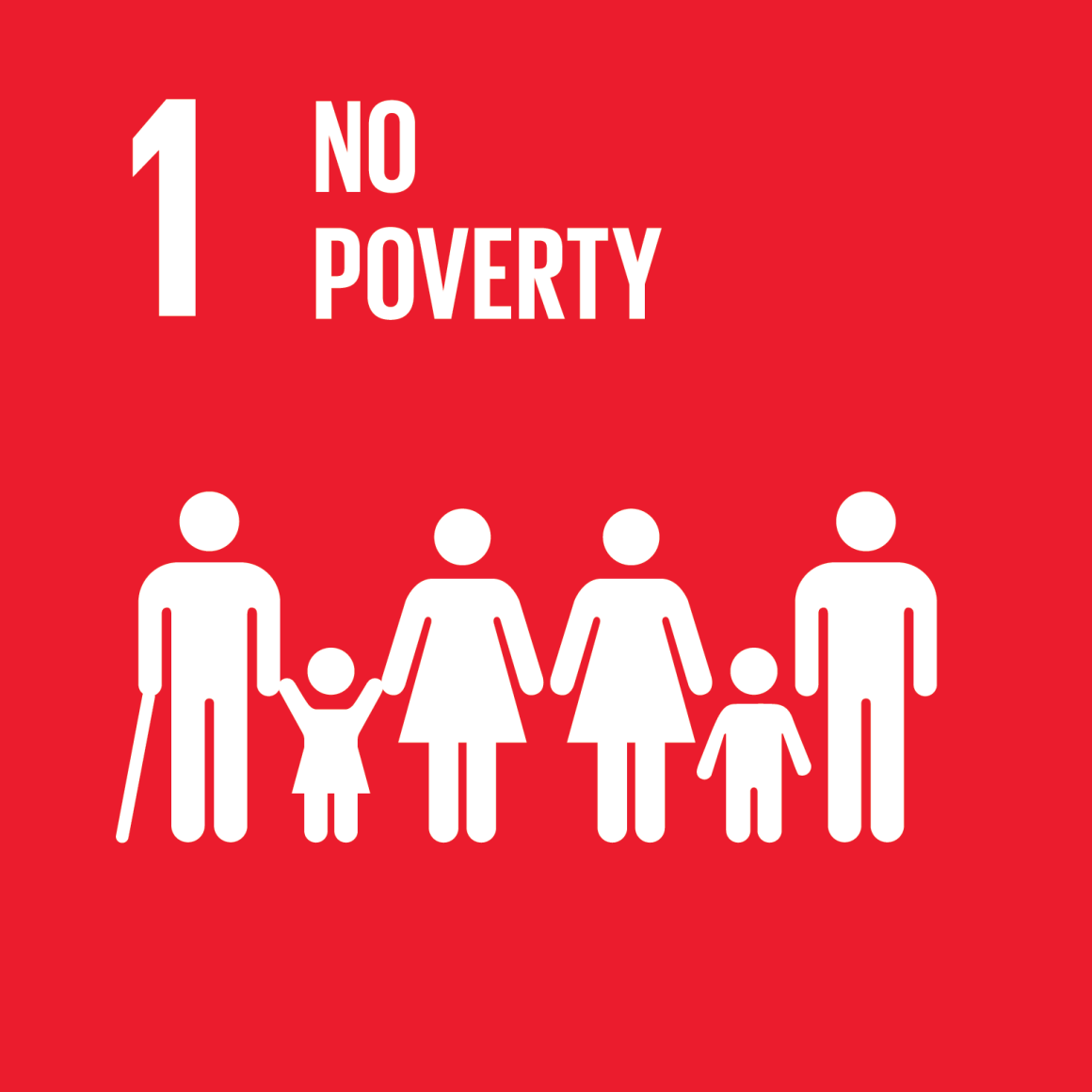| Commissioned by | Lead Executing Agency |
|---|---|
| German Federal Ministry for Economic Cooperation and Development (BMZ) | Ministry of Environment, Forest and Climate Change (MoEFCC) |
| Lead Implementing Agency | Duration |
|---|---|
| Deutsche Gesellschaft für Internationale Zusammenarbeit (GIZ) GmbH | November 2017- June 2023 |
Biodiversity plays a fundamental role in sustaining ecosystem processes and in the continuous delivery of ecosystem services. These services are the foundation of livelihood security, health, and overall well-being of human societies. Conservation of biodiversity—including wildlife—is essential for India because the consequences of biodiversity loss and the resulting loss of ecosystem services will have a far-reaching impact on livelihoods. In addition, it will affect the overall well-being of human communities, as well as their cultural heritage where coexistence is the natural way of living.
The situation in India, however, is changing with increasing human population and subsequent demand for natural resources. This is leading to degradation and fragmentation of natural habitats thus, creating a situation where humans and wildlife are competing for the same resources. This shift from ‘coexistence’ to ‘conflict’ has the potential to undermine the existing and future conservation efforts and also hinder achievement of both Sustainable Development Goals (SDGs) and Biodiversity Targets. Mitigation of human-wildlife conflict is thus emerging as one of the key issues of concern. It is crucial to address this issue holistically and to co-create mitigation solutions by engaging all relevant stakeholders.
.jpg)
The Human-Wildlife Conflict Mitigation (HWC) project aims at providing technical support at the national level, and effective implementation of HWC mitigation measures in selected states. The project pilot sites are: Haridwar Forest Division and adjoining landscape including Rajaji Tiger Reserve in Uttarakhand, Gorumara Wildlife Division in West Bengal, and Kodagu Forest Circle in Karnataka.
The main objective of the project is that the rural population in project areas, where agreed guidelines and tools are applied to mitigate human-wildlife conflict, is better protected against it. The project takes the approach of harmonious coexistence, by ensuring that both—human and wildlife—are protected from conflict. This approach follows the modern wildlife conservation principles to balance the needs of people with the conservation of nature. The project focuses on three output areas to achieve these objectives:
(4)(1)(1).jpg)
The project takes a holistic approach in addressing HWC by considering the thematic triangle of driver-prevention-damage mitigation. To address the drivers of HWC, macro planning tools, framework guidelines and implementer's toolkits are being developed. To promote preventive measures for HWC, an Early Warning and Rapid Response System is being developed, along with landscape level planning and providing competencies-based trainings to the field response teams. The project follows multilevel approach with mutual learning feedback loop (national, selected states, pilot sites), by engaging the key stakeholders at all levels throughout the project implementation, with focus on the wellbeing of the rural poor and women. It supports cooperation among key sectors and stakeholders by setting up cross-sectoral working groups for developing and implementing national and state strategies, action plans, guidelines and division-level HWC Management Action Plan (HWCMP) to ensure alignment at national, state and divison-level plans and measures.
(1).jpg)
A key focus area of the project is facilitating competencies based capacity development of the key stakeholders. The effectiveness of this is achieved by using the holistic approach and developing a nationally-standardised yet locally-customised curriculum and training material. To ensure sustainability, training institutions are engaged in the planning and implementation of the training courses from the beginning.
The project is supporting the farmers and plantation owners at the pilot landscapes, to achieve food security, by ensuring that the cropping pattern cycle, choice of crops, crop guarding methods and other prevention measures enable farmers to reduce the crop damages caused by HWC.
.jpg)
.jpg)
.png)
The project contributes particularly to the Sustainable Development Goals 1 (Poverty Reduction), Goal 2 (Zero Hunger) and 15 (Life on Land- protection of land ecosystems, sustainable resource management, biodiversity).


For a detailed overview refer to the project brochure. All other publications of this project can be accessed via the Resources section on this website, by selecting the topic "Human Wildlife Conflict Mitigation"
© 2014 IGBP. All Rights Reserved.
Site By: Virtualpages
